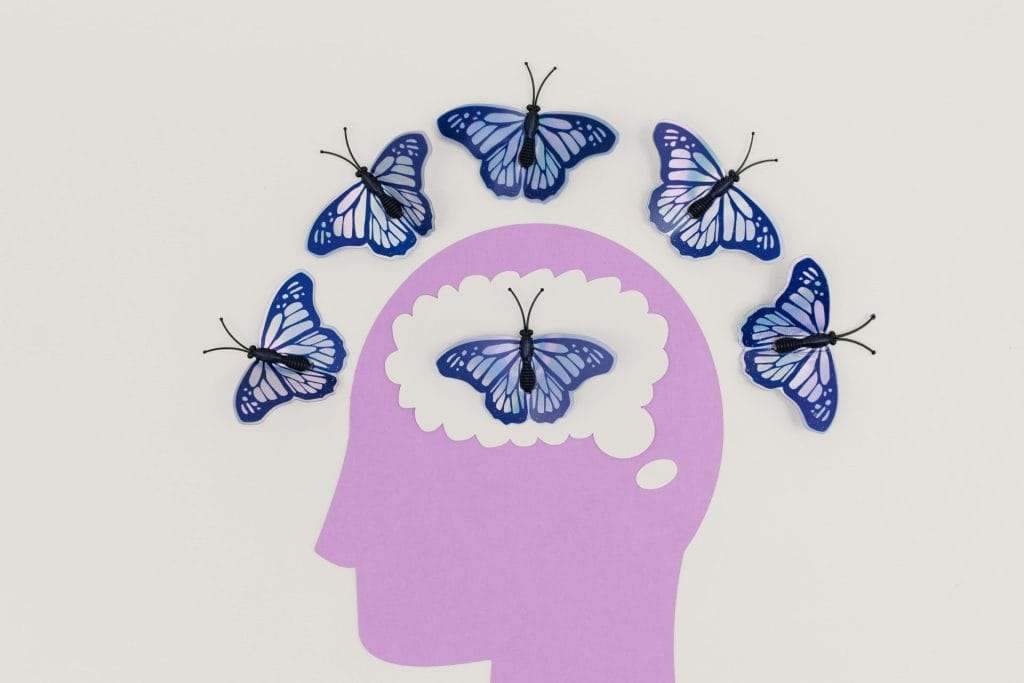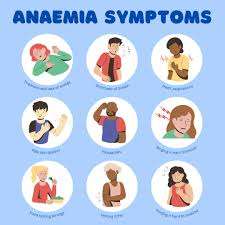Calcium Deficiency Disease (Hypocalcemia): Signs, Symptoms, and Causes : Indicators
Introduction Calcium is the most abundant mineral in our body, and it does much more than just keep our bones strong. It’s essential for muscle function and many other body processes. Even though we know how important calcium is, many people worldwide still don’t get enough of it. Let’s explore what happens when our bodies don’t get the calcium they need, based on recent medical research. Understanding Calcium Balance in the Body Our bodies have an amazing system for managing calcium levels. Think of it like a complex dance between different hormones – parathyroid hormone (PTH), vitamin D, and calcitonin – all working together to keep calcium levels just right. When this delicate balance gets disrupted, it can lead to health problems. Understanding how this works helps doctors spot and treat calcium deficiency more effectively. Early Warning Signs and Symptoms : Indicators The first signs that you’re low on calcium can be easy to miss or brush off as nothing serious. Some common early warning signs include:– Muscle cramps, especially in your legs and feet at night– Tingling feelings in your fingers, toes, and face– Feeling unusually tired or weak– Having trouble with balance While these might seem like minor issues, they could be your body’s way of telling you it needs more calcium. Glam Dust Radiant Skin – Luscious Hair – Pristine Nails Vitamin Shots The ultimate brain and body supplements Vitamin Sprinkles The ultimate brain and body supplements Musculoskeletal Impact Our bones take the biggest hit when we don’t get enough calcium. Research shows that not getting enough calcium over time can make bones weaker and more likely to break. In fact, a study that followed people for 15 years found that those who consistently didn’t get enough calcium were 40% more likely to suffer bone fractures compared to people who got plenty of calcium. Muscles suffer too. Many people with low calcium notice their muscles feel weak, get tired easily during exercise, and just don’t work as well as they should. Studies show that about 78% of people diagnosed with calcium deficiency first noticed something was wrong because of muscle problems. Common Signs by System Low calcium can affect different parts of your body in various ways: Brain and Nerves: – Memory problems and trouble thinking clearly– Feeling anxious or depressed– Seizures in severe cases– Problems with coordination Heart and Blood Vessels: – Irregular heartbeat– High blood pressure– Weaker heart muscle– Poor circulation Teeth and Gums: – Weak tooth enamel– More cavities than usual– Slower tooth development in kids– Higher risk of gum disease People Most at Risk Some groups of people need to be extra careful about getting enough calcium. These include:– Pregnant and breastfeeding women– Women going through menopause (about 60% don’t get enough calcium)– Kids and teenagers during growth spurts– Older adults Comprehensive Calcium Insights: Navigating Nutritional Complexities Understanding calcium as a critical nutrient requires comprehensive insight into its role in body health. Calcium deficiency, or hypocalcemia, occurs when the blood calcium level drops below optimal ranges, potentially compromising various physiological functions. Medical professionals emphasize that getting enough calcium—typically several hundred milligrams of calcium per day—is essential for maintaining bone density and preventing conditions like osteoporosis. Kidney function plays a crucial role in calcium absorption, and symptoms of a calcium deficiency may include muscle weakness, irregular heartbeat, and increased bone fragility. A doctor may recommend calcium supplements to address low calcium levels, particularly for individuals with low bone density or those struggling to obtain sufficient dietary calcium. Vitamin D works synergistically with calcium in the blood, helping ensure our content is accurate about the body’s complex calcium management. Parathyroid hormone regulates calcium in the blood, making it a key factor in monitoring overall calcium health and implementing strict sourcing of nutritional guidelines. Glam Dust Radiant Skin – Luscious Hair – Pristine Nails Vitamin Shots The ultimate brain and body supplements Vitamin Sprinkles The ultimate brain and body supplements How Doctors Check for Calcium Deficiency Doctors use several ways to check if you’re getting enough calcium. Blood tests can show your current calcium levels, though these don’t tell the whole story. Bone density scans help track bone health over time, and checking parathyroid hormone levels shows how well your body is managing calcium. Prevention and Management Preventing and treating calcium deficiency isn’t complicated, but it does need a well-rounded approach. The basics include:– Eating plenty of calcium-rich foods– Making sure your body can absorb calcium well– Staying active with exercises that put some weight on your bones– Taking calcium supplements if your doctor recommends them Treatment Options Treatment depends on how severe your calcium deficiency is. Mild cases often improve with simple diet changes and lifestyle adjustments. More serious cases might need supplements and closer medical supervision. Your doctor will consider things like how well your body absorbs calcium and what other medications you take when deciding on the best treatment plan. Keeping Track of Progress Regular check-ups are important when treating calcium deficiency. Your doctor will typically want to:– Test your blood calcium levels regularly– Check your vitamin D levels– Monitor your parathyroid hormone– Track your bone density– See how well treatments are working– Adjust your treatment plan if needed Understanding Calcium Deficiency: A Comprehensive Nutritional Perspective Calcium is an essential mineral critical for overall health, where calcium deficiency disease emerges when calcium levels are low. Blood calcium level and ionized calcium play crucial roles in maintaining total calcium balance, with symptoms of calcium deficiency potentially causing significant health challenges. Anyone experiencing symptoms should recognize that you’re not getting enough calcium can lead to serious conditions, especially for adolescent females with increased risk for calcium deficiency. Vitamin D and calcium work synergistically, and a doctor may recommend supplements or calcium injections to boost calcium levels when calcium absorption is compromised. Without treatment, low bone density and symptoms like muscle weakness can develop, potentially leading to osteoporosis. Treatment and prevention involve adding more calcium to the diet, checking your blood calcium levels, and understanding
Calcium Deficiency Disease (Hypocalcemia): Signs, Symptoms, and Causes : Indicators Read More »










.png)
